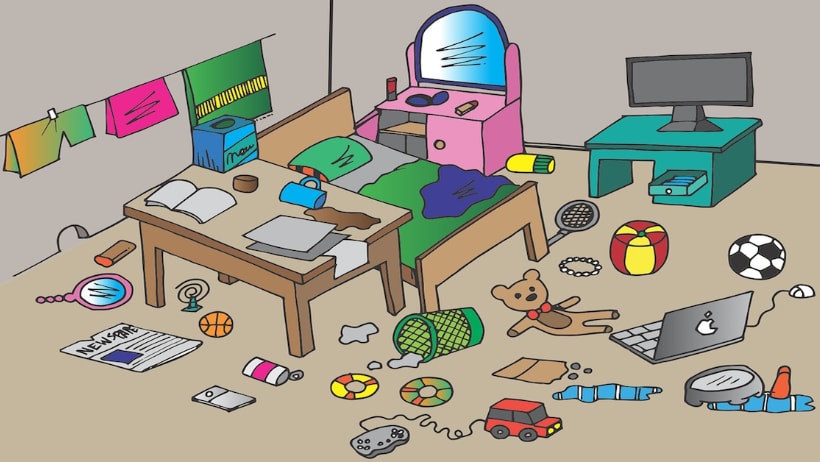When I was a little girl, like most kids, I had an imaginary friend. I named him Petey the Ghost. I was about four years old when I “met” Petey, and he soon started taking the blame for everything I did wrong. Who took all the clothes out of the drawer? Petey. Who made a mess at dinner? Petey. My imaginary friend was my scapegoat, and his existence was calming to me because he gave me an out. As a parent, I’m even more aware of the power of imaginative play now that my daughter Shiri has an imaginary friend. Actually, she has an imaginary community. She calls it her “ballet class.” Shiri has never had a ballet class in her life, but she has story after story about who is in her class, what music they listen to, and what happens each day.

Needless to say, Shiri and I are not the first two people to make believe. Joseph, our predecessor in the Torah, also engages in some imaginative play. Unfortunately, his “play” leads to serious trouble. This week in Parshat Vayeshev, Joseph shares the dreams he has of his brothers bowing down to him, and they do not take kindly to this imagined scenario. They sell him, and then tell their father that they found him torn up by wild beasts. We then read about Joseph in Egypt and the way in which he ends up in jail. Only later in the narrative do we discover how Joseph’s imaginative play becomes a reality.
Luckily for most of us, our imaginative play doesn’t take the dark turn Joseph’s did. For my daughter and me, the world of imagination is a place in which we can feel safe, where we can act out scenarios that might seem scary in real life. The benefit is that the lessons we learn and discover are part of our necessary growth and development as we figure out how to interact in the world.
-Rabbi Eve Posen
Source: Petey the Ghost – Parshat Vayeshev 5778 – Rabbi Eve Posen



